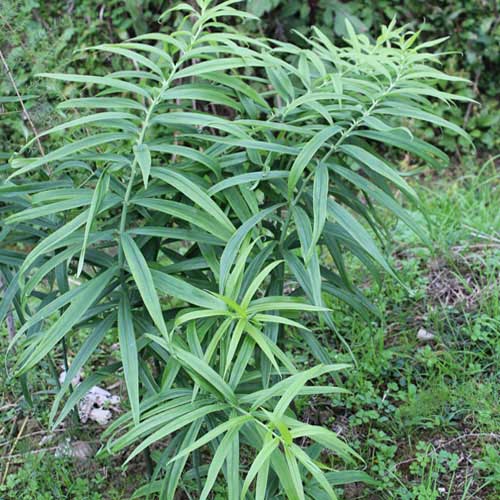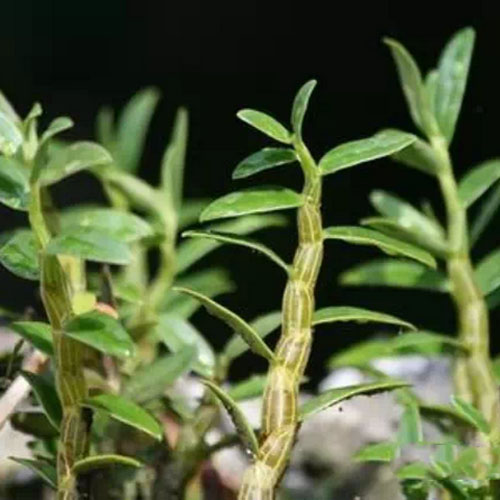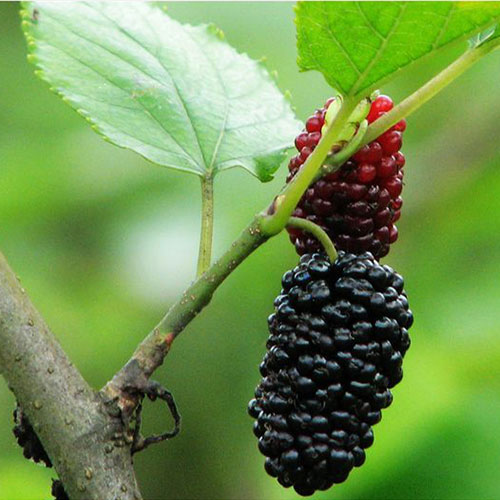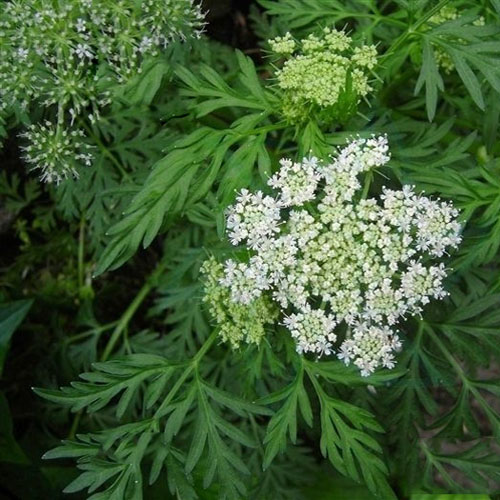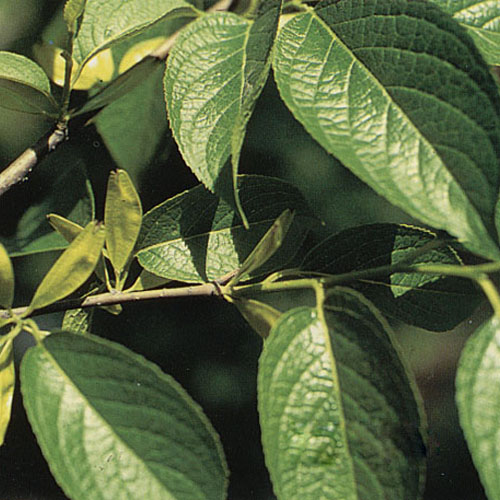- Chinese Name Huang Jing 黄精
- Latin Name Polygonatum sibericum Red.
- Other Names Rhizoma Polygonati, Polygonatum Rhizome, Siberian Solomon’s Seal Rhizome, King Solomon Seal Rhizome, Many Flower Solomon’s Seal Rhizome
- Used Part Root
- Specification Powdered Extract
Siberian Solomon’s Seal Extract Powder
Description
Polygonatum (Huang Jing) Also known as Solomon’s seal, polygonatum is a perennial herb that belongs to the lily family. It is native to east Asia and can be found throughout China, particularly in Hebei, Inner Mongolia, and Shaanxi provinces.
According to traditional Chinese medical principles, polygonatum has sweet and neutral properties, and is associated with the Lung, Heart, Kidney and Spleen meridians. Its main uses are to tonify spleen and stomach qi (to improve appetite and reduce fatigue), to moisten the lungs (by reducing coughs and expelling phlegm), and to tonify the kidneys (which help reduce pain and weakness in the lower back). It is also an excellent tonic herb. Historically, it has been used for respiratory and lung disorders, and to reduce inflammation. Polygonatum can also applied topically to treat bruises, skin ulcers and boils, hemorrhoids, and edema.
Chemical constituents
Main chemical constituents are steroidal saponins, Polygonatum sibiricum polysaccharides A, B, C, oligosaccharides A, B, C, phlegm, starch, amino acids, etc.
TCM Tradition
Taste & Property Sweet, Neutral
Organ Meridians Kidney, Lung, Spleen
TCM Functions
• Tonifies Spleen Qi and nurtures Stomach Yin
– Spleen and Stomach Qi Deficiency with lassitude, fatigue and loss of appetite
– Stomach Yin Deficiency with a dry mouth, loss of appetite, loss of taste, dry stools and abdominal distention due to Qi Stagnation
• Moistens Lung Yin
– Lung Qi and Yin Deficiency with a dry cough, little sputum, and cough due to consumption
– Any type of cough where Dryness is significant
• Tonifies the Kidneys, strengthens Jing and relieves wasting and thirsting
– Kidney Yin and Jing Deficiency with lower back pain, light-headedness and weakness of the lower extremities
– Wasting and thirsting disorder

